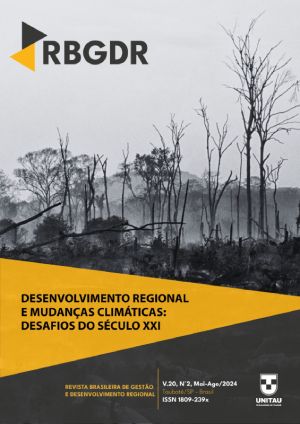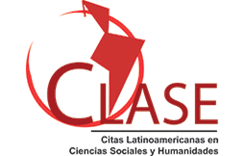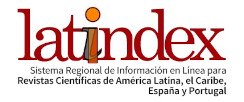HEALTH-RELATED QUALITY OF LIFE IN WOMEN TREATED BY THE EXPANDED FAMILY HEALTH CENTER AND PHYSICAL EDUCATION PROFESSIONALS
DOI:
https://doi.org/10.54399/rbgdr.v20i2.7532Resumo
The objective of this study was to characterize the sociodemographic profile and health-related quality of life of women registered at the Family Health Support Center (NASF) in the city of Imperatriz, Maranhão state, Brazil, with respect to the role played by physical education professionals in shaping the health services of the NASF under the Family Health Strategy (ESF). To this end, a quantitative-qualitative study was conducted. The study population comprised women aged >38 years, registered at the Imperatriz NASF, and engaged in the physical activity program or otherwise. Data collection entailed application of a quality of life survey (SF-36) to all participants. Data analysis was carried out using descriptive statistics. For the total sample, participants were aged 38-72 years, predominantly married (66.7%), had complete or incomplete primary education (58.8%), and were working (56.8%). For income, 47.1% received <1 minimum wage and 49% had 1-3 minimum wages. Overall, 39% engaged in the physical activity program and had a general QoL score of 65.9, while 61% did not engage in physical activity and had a QoL score of 53.1. Scores were higher across most domains for the group engaged in physical activity and lower for the group not engaged in physical activity, with the exception of pain, which had similar scores in both groups. The results showed that refining health policies expanding effective service delivery at the NASF for health promotion and disease prevention, via a multidiscipline team including physical education professionals, can foster practical approaches for supporting the management of women´s health and development.
Key words: Planning. Regional Development. Health Economics. Quality of Life. Women´s Health.
Downloads
Publicado
Como Citar
Edição
Seção
Licença
Copyright (c) 2024 Revista Brasileira de Gestão e Desenvolvimento Regional

Este trabalho está licenciado sob uma licença Creative Commons Attribution-NonCommercial 4.0 International License.
Os autores que tiverem seus trabalhos aceitos e publicados na Revista Brasileira de Gestão e Desenvolvimento Regional estarão sujeitos a política de direitos autorais CC https://creativecommons.org/licenses/by/4.0/.
Em caso de aceite do artigo para publicação, os direitos autorais são automaticamente cedidos para a Revista Brasileira de Gestão e Desenvolvimento Regional.

















